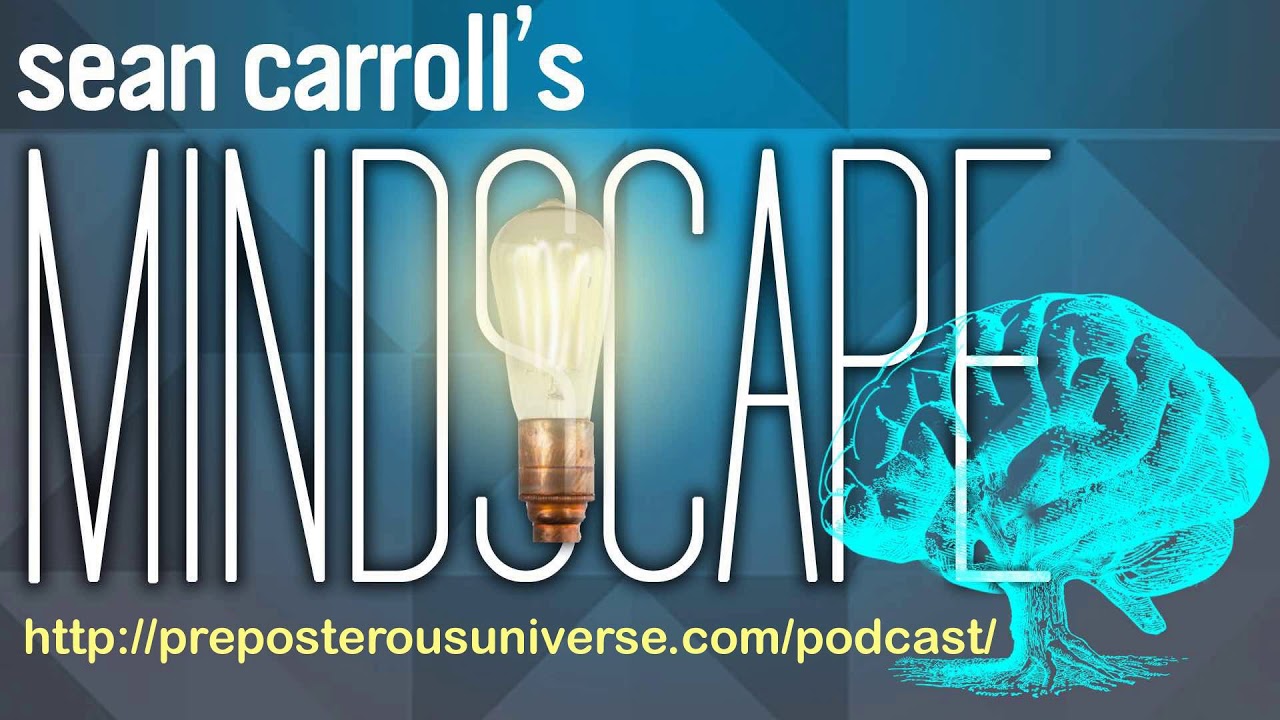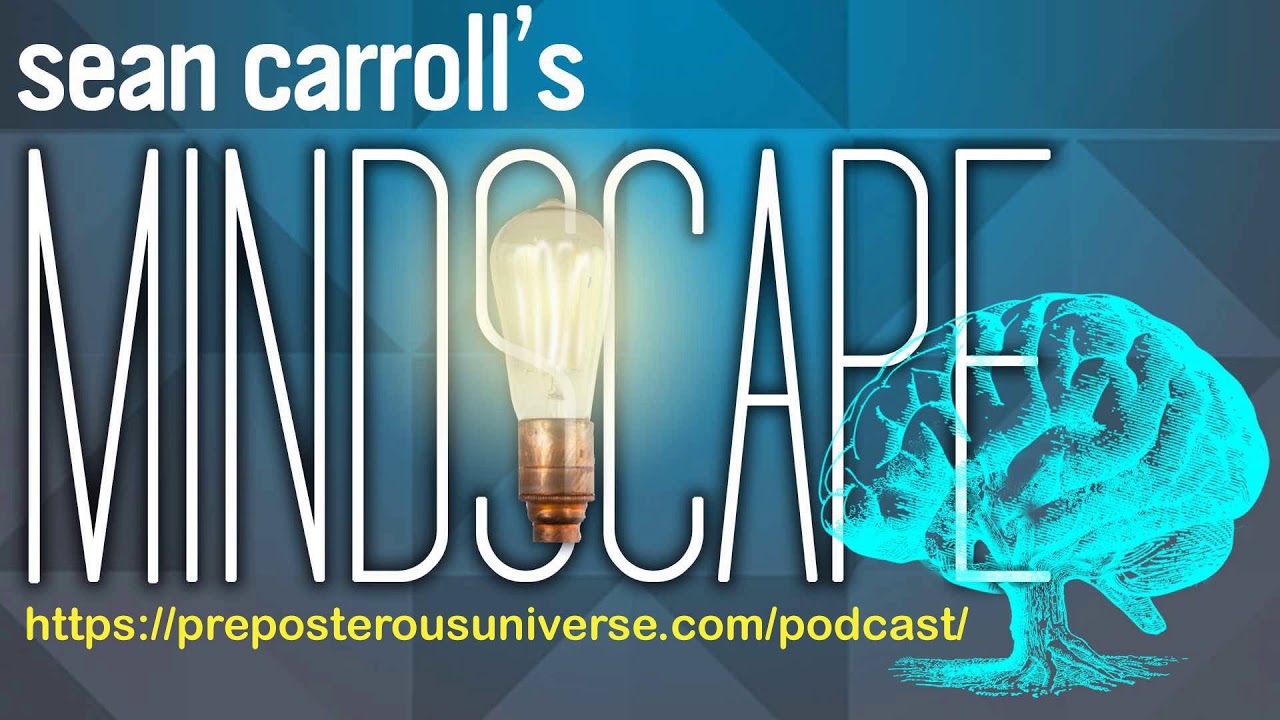Sean Carroll
Blog post with show notes and transcript: https://www.preposterousuniverse.com/podcast/2019/01/07/episode-28-roger-penrose-on-spacetime-consciousness-and-the-universe/
Patreon: https://www.patreon.com/seanmcarroll
Sir Roger Penrose has had a remarkable life. He has contributed an enormous amount to our understanding of general relativity, perhaps more than anyone since Einstein himself — Penrose diagrams, singularity theorems, the Penrose process, cosmic censorship, and the list goes on. He has made important contributions to mathematics, including such fun ideas as the Penrose triangle and aperiodic tilings. He has also made bold conjectures in the notoriously contentious areas of quantum mechanics and the study of consciousness. In his spare time he’s managed to become an extremely successful author, writing such books as The Emperor’s New Mind and The Road to Reality. With far too much that we could have talked about, we decided to concentrate in this discussion on spacetime, black holes, and cosmology, but we made sure to reserve some time to dig into quantum mechanics and the brain by the end.
Source




It's crazy when you see that his Joe Rogan interview got 2 million views, while this gets 150k.
This is great thankyou!
Fascinating convo!!! Never realized how Universally talented Roger is! ….. unlike H. Everett.
Why only half an hour about QM and consciousness…. sigh… :'(
This theory gives my heart huge relief…. I always thought a cyclic universe made more sense than everything springing from nothing in a single instant…..
This is way more comforting, and I wish it had been around when I studied physics a decade ago.
The insistence on the big bang (justifiably) along with acceleration of space expansion never felt like a very complete description.
Anyway, love this podcast, I just wish it had video (I know that's way more work)!
Thank you and keep up the variety of guests. Perfect for both my creative and analytic minds!
Sagittarius A black hole is about 2.2 10^7 km in D. 1 light year ~ 10^13 km
SIR Roger Penrose……
Prof Sir Roger Penrose and Prof Sean Carroll are my two favourite living physicists. I read "The Emperor's New Mind some 30 years ago and Prof Penrose seems to be as extraordinary as he was back then. Remarkably interesting podcast. Best I've watched for a long time.
26:00 Sean made me laugh out loud – He said if we could extract the energy from the Super Massive Black Hole at the center of our Galaxy (4,000,000,000 solar masses) we'd no longer be dependent on foriegn oil! I guffawed loudly….
I can't listen to stuff like this. It makes me want to fire my guru psychic faith healers.
Just think how many subscribers this channel would have if there was video or if it was live. It would blow up, there'd be hundreds of thousands if not millions of new subs.
This is one of my favorite podcast channels. Penrose mentioned finding a possible mechanism for quantum coherence and consciousness when he was contacted by Stuart Hameroff (1:27:25). Perhaps you should bring on Hameroff for a chat.
I like Penrose.
But his voice is like "Nails on Chalkboard ".
Not sure why I feel that.
i smoked pot for a month one night …….just sayin'
As someone who recently found this channel, I’m enjoying exploring all these previous episodes. Thanks Sean your work is very deep and forever a trove of content on YouTube.
thank you prof. Carroll!
He has the Irish gift of gab in the extreme.
Incredible. What a privilege to be able to hear this discussion. Thank you.
So awesome! What an amazing person.
The subject matter interests me, but I criticize the idea displaying this kind of topic without showing a specific formula. The uninformative display limits the audience response to some type of semantic input. Slides from the arxiv paper would have been more appropriate.
Who else’s from September 2019 after watching Joe Rogan?
Intuition is not quantum-mechanical, it is based on completely classical experience.
I was disappointed that Sean just listened politely to the description of CCC without providing any real critique even though it seems obvious he doesn't agree with it.
🖒
I have a question about the "The end of the universe – everything's massless – conformal invariance – looks just like the Big Bang – so maybe it becomes a new Big Bang" hypothesis. How does the second law of thermodynamics work in this model? Entropy keeps increasing, then suddenly is vastly decreased (breaking the second law?) when all particles are massless, so things can start over again? How does that decrease come about?
And a second question: the hypothesis assumes that all massive particles either eventually decay into massless ones, or they eventually get swallowed by a black hole. But there will be lots of massive particles floating around; will they be swallowed up much faster than the black holes evaporate? If not, then even if there's only a single stable massive particle left in the universe after all the black holes have evaporated, the model fails, right? Also: black hole radiation can also be massive (particle anti-particle pairs). So now these new particles have to meet their antiparticle, or decay into radiation, or get swallowed by a black hole again, in order for there to finally be no massive particles in the universe. This, in a universe that is still expanding exponentially fast, separating particles from each other. Why is this not a problem for the model?
I find it hard to believe than in a infinite future after everything dissapeared nothing else will or could happen in the universe
Nice one
The Road to Reality is a "popular level book"! Oh, I don't think so…
This was a top quality show. Sir Roger retains his considerable marbles and we are the richer for it. Kudos.
The interplay between the 2nd law, gravity and the evolution of the universe is mighty fascinating. I had to replay parts of that talk to get a handle on it. He truly is an original thinker.
His "infinite cyclic spacetime" model is aesthetically pleasing. But what if (I thought) we take this idea of sticking infinite future boundaries onto big bangs – which results in a spacetime tube or "block universe" of infinite length – and bend it so that we get a torus?
With even one more extra dimension, we could tie a frickin' knot in it!
Hang on. Is this recursive (fractal?) string theory?
What are some good alternatives for Inflation Theory? I'm with Penrose with this: It seems like such a band aid to make the Big Bang Theory plausible and explain the smoothness of the Cosmic Microwave Background radiation.
Hey, so one question comes to mind. As a black hole evaporates, I see a point at which the density no longer keeps the mass below the Schwartzchild radius. Is that a reasonable line of logic? And if that happens, does what was once the black hole then begin a period of further expansion, perhaps even rapid? I'm wondering at what happens to the weirdness of the event horizon once the mass is no longer capable of sustaining it, if that ever happens. Or would the mass simply whimper into a neutron star? And if so… I better stop. I got questions 🙂
Would have loved a video to go along with the audio.
https://youtu.be/8fLOxLXNsj4
Good shit
I have been 'saving' this video since (JANUARY 7TH?) and it not only met by wildly exceeded (no blew away) my expectations.
My two favorite Cosmologists …
Of course, I have the latest book. I think I have almost all popular books each as written.
And folded in the back of Penrose's book is a print out ( version four) of his ArX iv paper.
I have downloed many of their ArXiv papers and have read them.
ONLY TWO THINGS TO SAY NOW:
[1] Thank you Professor Carroll
[2] Thank you Professor Penrose